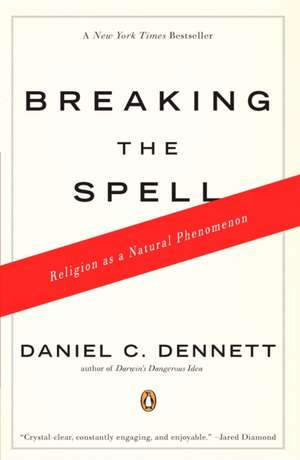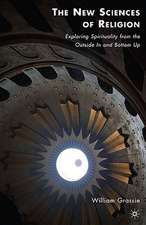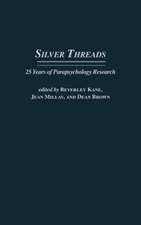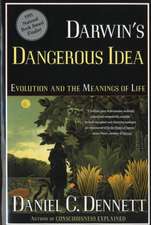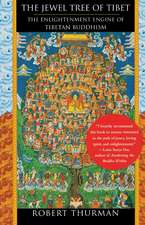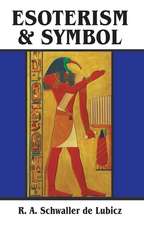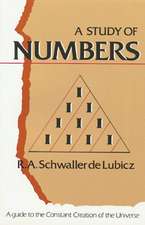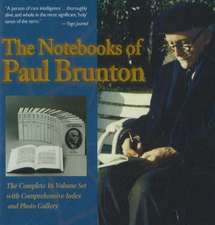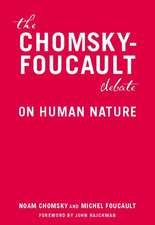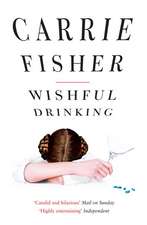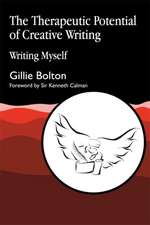Breaking the Spell: Religion as a Natural Phenomenon
Autor Daniel C Dennetten Limba Engleză Paperback – 31 ian 2007 – vârsta de la 18 ani
Vezi toate premiile Carte premiată
For all the thousands of books that have been written about religion, few until this one have attempted to examine it scientifically: to ask why—and how—it has shaped so many lives so strongly. Is religion a product of blind evolutionary instinct or rational choice? Is it truly the best way to live a moral life? Ranging through biology, history, and psychology, Daniel C. Dennett charts religion’s evolution from “wild” folk belief to “domesticated” dogma. Not an antireligious screed but an unblinking look beneath the veil of orthodoxy, Breaking the Spell will be read and debated by believers and skeptics alike.
| Toate formatele și edițiile | Preț | Express |
|---|---|---|
| Paperback (2) | 69.98 lei 26-32 zile | +26.25 lei 7-13 zile |
| Penguin Books – 28 mar 2007 | 69.98 lei 26-32 zile | +26.25 lei 7-13 zile |
| Penguin Books – 31 ian 2007 | 111.37 lei 3-5 săpt. |
Preț: 111.37 lei
Nou
Puncte Express: 167
Preț estimativ în valută:
21.31€ • 22.25$ • 17.64£
21.31€ • 22.25$ • 17.64£
Carte disponibilă
Livrare economică 15-29 martie
Preluare comenzi: 021 569.72.76
Specificații
ISBN-13: 9780143038337
ISBN-10: 0143038338
Pagini: 448
Dimensiuni: 137 x 211 x 23 mm
Greutate: 0.36 kg
Editura: Penguin Books
ISBN-10: 0143038338
Pagini: 448
Dimensiuni: 137 x 211 x 23 mm
Greutate: 0.36 kg
Editura: Penguin Books
Cuprins
Breaking The Spell Preface
PART I: OPENING PANDORA'S BOX
1. Breaking Which Spell?
1. What's going on?
2. A working definition of religion
3. To break or not to break
4. Peering into the abyss
5. Religion as a natural phenomenon
2. Some Quesions About Science
1. Can science study religion?
2. Should science study religion?
3. Might music be bad for you?
4. Would neglect be more benign?
3. Why Good Things Happen
1. Bringing out the best
2. Cui bono?
3. Asking what pays for religion
4. A Martian's list of theories
PART II: THE EVOLUTION OF RELIGION
4. The Roots of Religion
1. The births of religions
2. The raw materials of religion
3. How Nature deals with the problem of other minds
5. Religion, the Early Days
1. Too many agents: competition for rehearsal space
2. Gods as intersted parties
3. Getting the gods to speak to us
4. Shamans as hypnotists
5. Memory-engineering devices in oral cultures
6. The Evolution of Stewardship
1. The music of religion
2. Folk religion as practical know-how
3. Creeping reflection and the birth of secrecy in religion
4. The domestication of religions
7. The Invention of Team Spirit
1. A path paved with good intentions
2. The ant colony and the corporation
3. The growth market in religion
4. A God you can talk to
8. Belief in Belief
1. You better believe it
2. God as intentional object
3. The division of doxastic labor
4. The lowest common denominator?
5. Beliefs designed to be professed
6. Lessons from Lebanon: the strange cases of the Druze and Kim Philby
7. Does God exist?
PART III: RELIGION TODAY
9. Toward a Buyer's Guide to Religions
1. For the love of God
2. The academic smoke screen
3. Why does it matter what you believe?
4. What can your religion do for you?
10. Morality and Religion
1. Does religion make us moral?
2. Is religion what gives meaning to your life?
3. What can we say about sacred values?
4. Bless my soul: spirituality and selfishness
11. Now What Do We Do?
1. Just a theory
2. Some avenues to explore: how can we home in on religious conviction?
3. What shall we tell the children?
4. Toxic memes
5. Patience and politics
Appendixes
A. The New Replicators?
B. Some More Questions About Science
C. The Bellboy and the Lady Named Tuck
D. Kim Philby as a Real Case of Indeterminacy of Radical Interpretation
Notes
Bibliography
Index
PART I: OPENING PANDORA'S BOX
1. Breaking Which Spell?
1. What's going on?
2. A working definition of religion
3. To break or not to break
4. Peering into the abyss
5. Religion as a natural phenomenon
2. Some Quesions About Science
1. Can science study religion?
2. Should science study religion?
3. Might music be bad for you?
4. Would neglect be more benign?
3. Why Good Things Happen
1. Bringing out the best
2. Cui bono?
3. Asking what pays for religion
4. A Martian's list of theories
PART II: THE EVOLUTION OF RELIGION
4. The Roots of Religion
1. The births of religions
2. The raw materials of religion
3. How Nature deals with the problem of other minds
5. Religion, the Early Days
1. Too many agents: competition for rehearsal space
2. Gods as intersted parties
3. Getting the gods to speak to us
4. Shamans as hypnotists
5. Memory-engineering devices in oral cultures
6. The Evolution of Stewardship
1. The music of religion
2. Folk religion as practical know-how
3. Creeping reflection and the birth of secrecy in religion
4. The domestication of religions
7. The Invention of Team Spirit
1. A path paved with good intentions
2. The ant colony and the corporation
3. The growth market in religion
4. A God you can talk to
8. Belief in Belief
1. You better believe it
2. God as intentional object
3. The division of doxastic labor
4. The lowest common denominator?
5. Beliefs designed to be professed
6. Lessons from Lebanon: the strange cases of the Druze and Kim Philby
7. Does God exist?
PART III: RELIGION TODAY
9. Toward a Buyer's Guide to Religions
1. For the love of God
2. The academic smoke screen
3. Why does it matter what you believe?
4. What can your religion do for you?
10. Morality and Religion
1. Does religion make us moral?
2. Is religion what gives meaning to your life?
3. What can we say about sacred values?
4. Bless my soul: spirituality and selfishness
11. Now What Do We Do?
1. Just a theory
2. Some avenues to explore: how can we home in on religious conviction?
3. What shall we tell the children?
4. Toxic memes
5. Patience and politics
Appendixes
A. The New Replicators?
B. Some More Questions About Science
C. The Bellboy and the Lady Named Tuck
D. Kim Philby as a Real Case of Indeterminacy of Radical Interpretation
Notes
Bibliography
Index
Recenzii
Ambitious . . . an accessible account of what might be called the natural history of religion. (The New Yorker)
How would a visitor from Mars dispassionately explain human religion? . . . My guess is that the result would be something like this crystal-clear, constantly engaging, and enjoyable new book. (Jared Diamond, Pulitzer Prize–winning author of Guns, Germs, and Steel and Collapse
Rich and rewarding . . . the main business of the book is to give a scientific account of how religion may have developed among creatures such as us. . . . The product of an extremely bright mind. (San Francisco Chronicle)
An elegant, sharp-minded essay on the need to study religion in a dispassionate way. (The Economist)
Penetrating . . . a sharp synthesis of a library of evolutionary, anthropological and psychological research on the origin and spread of religion. (Scientific American)
How would a visitor from Mars dispassionately explain human religion? . . . My guess is that the result would be something like this crystal-clear, constantly engaging, and enjoyable new book. (Jared Diamond, Pulitzer Prize–winning author of Guns, Germs, and Steel and Collapse
Rich and rewarding . . . the main business of the book is to give a scientific account of how religion may have developed among creatures such as us. . . . The product of an extremely bright mind. (San Francisco Chronicle)
An elegant, sharp-minded essay on the need to study religion in a dispassionate way. (The Economist)
Penetrating . . . a sharp synthesis of a library of evolutionary, anthropological and psychological research on the origin and spread of religion. (Scientific American)
Descriere
An innovative thinker tackles the controversial question of why people believe in God and how religion shapes lives and futures by taking a look at history, philosophy, and psychology.
Notă biografică
Premii
- National Book Critics Circle Award Finalist, 2006
